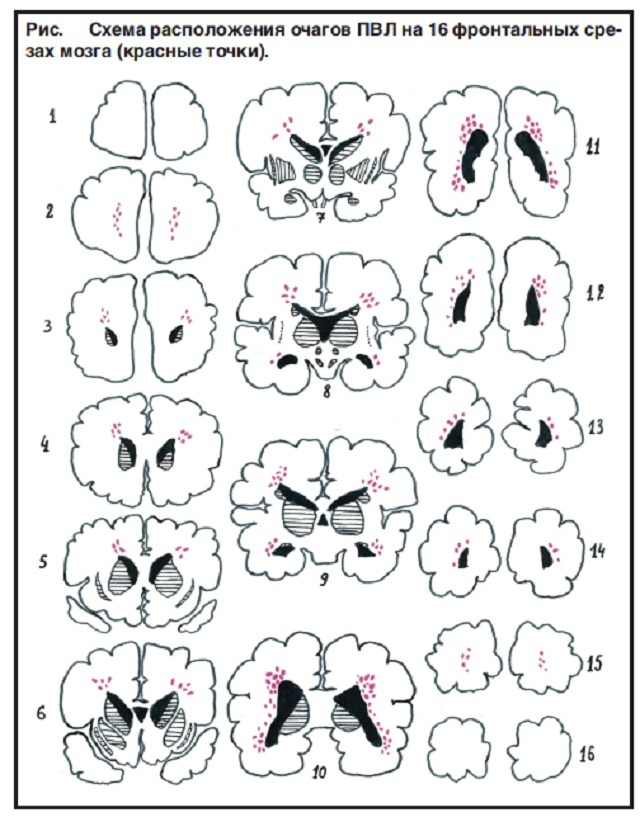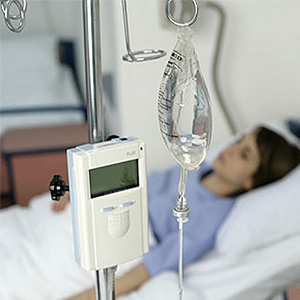 Apallic syndrome, also known as wakeful coma, is a neuropsychiatric disorder, leading to a complete loss of cognitive function.
Apallic syndrome, also known as wakeful coma, is a neuropsychiatric disorder, leading to a complete loss of cognitive function.
At the same time it is supposed to preserve the autonomic functions of the brain.
With apallic syndrome, there is a complete loss of cerebral cortex functions.
The largest lesions are noted in the medio-bisal departments, which are related to the frontal and temporal regions.
Mechanisms of defeat
The wakeful coma is manifested due to a deep disruption of the functions of the cerebral cortex. In some situations, including toxic, infectious, hypoxic, metabolic, cerebral lesions of the brain, serious abnormalities occur not only in the cortex, but also in other departments that are responsible for vital activity and the desire to know the world around them, the possibility of contact with other people.
What is the cause?
The development of wakeful coma can occur in adults and children. It is assumed that there are various reasons for provoking such a situation.
In what situations are serious brain disorders in adults:
- Traumatic injuries .
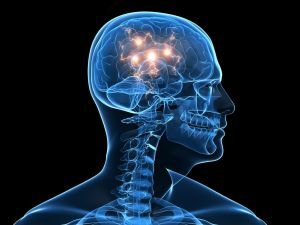
- Carrying out complex and voluminous surgical interventions on the brain .
- Viral meningitis .In this case, the basis is the infectious nature of the disease.
- Stroke, as well as ischemic disease .Both causes are an ischemic group of factors.
- Toxicological poisoning of .In such a situation, serious damage to the cerebral cortex is expected by toxic, toxic substances.
Apallic syndrome in children can develop according to another scheme. It is assumed that the reasons include infectious meningitis, surgical interventions on the brain, traumas of varying severity.
In the elderly, the wakeful to whom in most cases cause heart disease. Currently, there is a spread of ischemic disease, as well as a stroke. Both ailments are equally dangerous.
State Clinical Hospital
The disease has a pronounced clinical picture, which is certainly manifested in a sick person. Diagnosis of the disease should be carried out taking into account certain clinical signs:
- lack of fixation of people and objects;
- the patient can not respond to any factors that are external stimuli;
- remains sensitive to pain;
- swallowing, as well as chewing functions are preserved, at the same time such processes become slow;
- blood pressure is always kept at a constant level, regardless of external factors;
- is supposed to preserve vegetative functions, including respiration and palpitation.
When awake, a sympathicotonia may appear in a person, which involves a rapid pulse, high blood pressure, and heart pain. Moreover, there is a symptom of restless legs. In some cases, the patient may suffer from high fever and chills of the hands, legs, which indicates a poor state of health.
When a dream manifests vagotonia, which causes symptoms such as low blood pressure, delayed heart rate. A person can acquire a red face and suffer from profuse sweating. In some cases, suffocation, weakness, 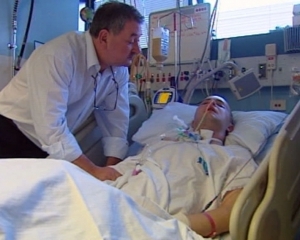 , nausea, and dizziness occur.
, nausea, and dizziness occur.
Among the signs of the aphallic syndrome, it is desirable to note the typical posture of a sick person. In two joints, namely in the elbow and knee, a fold appears, and the hands become compressed into fists. The feet can bend in the area of the soles. Occasionally, muscle spasms appear, which are tonic and short-lived.
Lip extension and sucking movements also appear. In rare cases, you can see short-term motor reactions, which are not due to the presence of consciousness and contact with the outside world.
What can I do and can I do?
It is mandatory to go through neurophysiological studies to establish an accurate diagnosis. After this, there is an opportunity to prescribe the required treatment.
It is proposed that the following neurophysiological studies should be carried out.
- magnetic resonance imaging ( MRI);
- electroencephalogram , allowing to assess the state of the brain;
- ultrasound of the kidneys, head, upper and lower extremities .
In addition, you need to conduct biochemical studies, neurological and physical examination of a sick person.
Treatment is determined on an individual basis on the basis of research results. So, what aspects are taken into account?
Damaged parts of the nervous system. The degree of violations of the functionality of the brain, as well as changes in the state of the brain over time.
It is necessary to note serious limitations in medical measures, and modern methods have a minimum level of efficiency. The main task is to maintain the vital functions of the human body and the nervous system.
A sick person should receive special medicines that can improve respiratory activity and ensure optimal nutrition of the nerve tissue. Among such medications are nootropics, adaptogens, vitamin complexes.
It is supposed to conduct regular physical therapy, including massage, reflexotherapy.
All is sad, but the chances are worth looking for
In most cases, the prognosis for the appalgic syndrome is unfavorable. Despite this, there is a small chance for 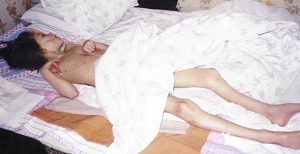 a positive outcome of the disease, which should be treated actively and from the very beginning.
a positive outcome of the disease, which should be treated actively and from the very beginning.
The primary task is to conduct all necessary examinations to successfully establish an accurate diagnosis. It is planned to further define the optimal treatment measures. Timeliness of diagnosis is important, because a person's consciousness can only recover in the first few months, after which - the chances of a positive change in the situation completely disappear.
In elderly people who suffer from progressive atrophic processes in the brain, there is virtually no chance of recovery. In such patients, decerebrate rigidity may manifest itself, which is manifested by the presence of convulsions of the extremities due to severe vascular disorders.
With serious brain damage, there is a risk that the patient will not be able to recover. In this case, a person may remain a deep invalid or not come out of a coma.
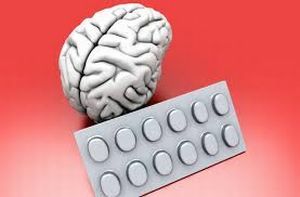 In the absence of serious brain damage, it is supposed that the cause of the aphallic syndrome can be eliminated, after which the person's condition improves.
In the absence of serious brain damage, it is supposed that the cause of the aphallic syndrome can be eliminated, after which the person's condition improves.
The greatest chances for a successful outcome are found in people who suffer from drug poisoning or brain trauma. Apallic syndrome can not be cured if a person's condition is caused by diseases of the brain of different etymologies.
In an ideal case, the coma remains only a few weeks. If the condition has a long duration, the condition should be evaluated as a stable vegetative state.
Apallic syndrome can regress, later passing into an akinetic mutism, in which a person can not speak, move with the appropriate physical abilities, but at the same time he can follow the surrounding people,  , with sound sources.
, with sound sources.
In patients under 35 years of age, the chances of recovery increase several fold, compared with patients older than 65 years.
The problems associated with wakeful coma are relevant and important for the following reasons: the severity of the patient's condition, the need for highly qualified care in a medical institution, the establishment of a correct diagnosis and the definition of optimal actions. Of great importance is the timeliness of the diagnosis and the correct treatment.

